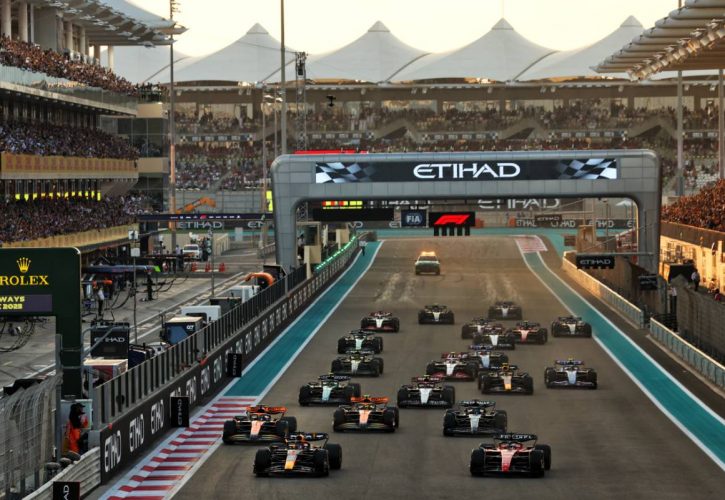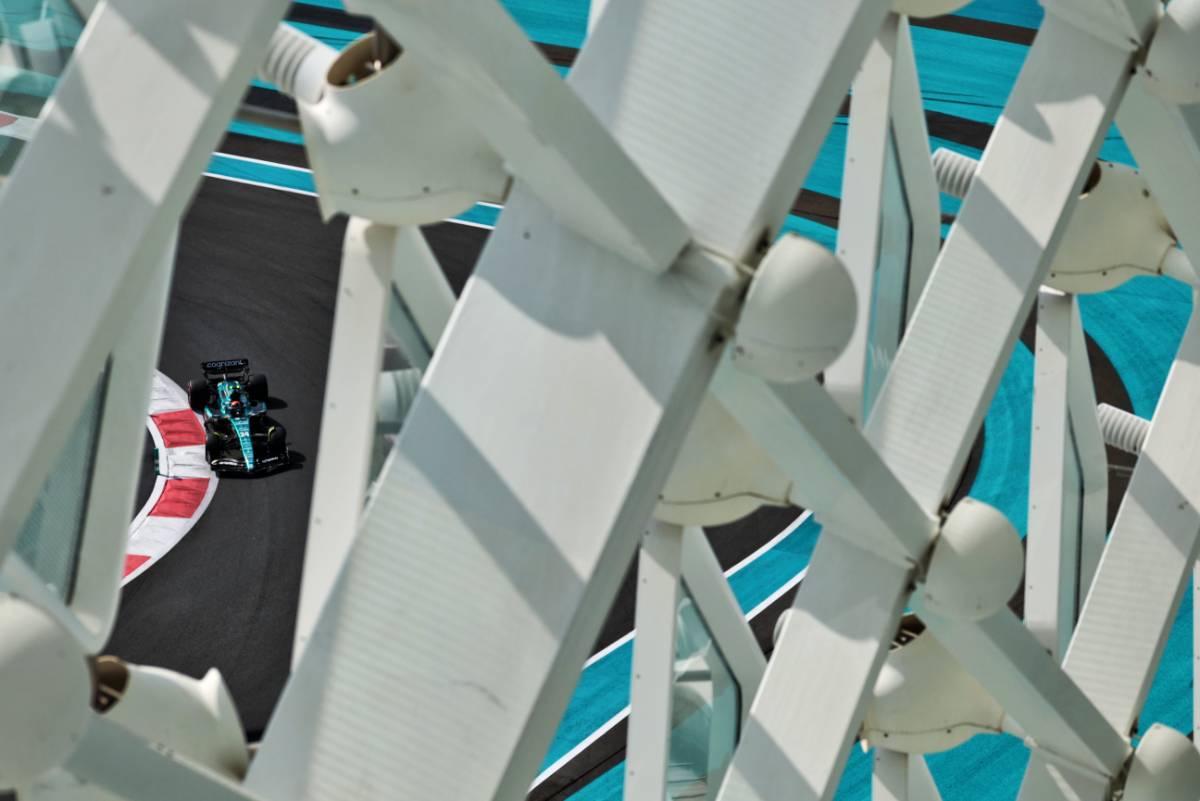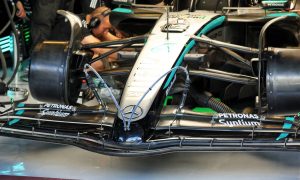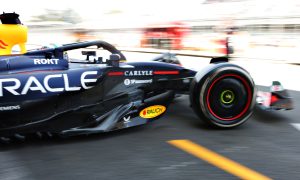
Abu Dhabi is to be the testing ground for a potentially game-changing development in motor racing in April - driverless cars! And no, that's not an early April Fool's joke.
F1's Yas Marina Circuit is set to be the initial venue for the Abu Dhabi Autonomous Racing League (A2RL), with the inaugural event scheduled to take place on April 28 2024. A prize fund of $2.25 million is up for grabs.
Ten single seater Dallara Super Formula SF23 open-wheel cars capable of speeds of 300kph will hit the track without a driver at the wheel, with software algorithms taking over the piloting.
But organisers have admitted that the science is very much a work in progress, and currently not up to the demands of a full grid of wheel-to-wheel competitive racing.
"We know that two cars can race well on a track together," ASPIRE executive director Dr Tom McCarthy told Reuters. "What we’ll be pushing to see is, 'Can you achieve an outcome where three or four cars are racing competitively against each other?'
"We’re at the frontiers of science on this one," he acknowledged. "If we got to a point that ten cars are racing within the next five years, I think that would be a huge achievement."
ASPIRE is part of the Advanced Technology Research Council established by Abu Dhabi three years ago. It aims to leverage technology to help diversify the emirate's economy away from its current reliance on fossil fuels.
"We see ourselves on a development path," said McCarthy. "We see a time in the future where you’ll have as many cars lining up on the grid for an autonomous race as a F1 race.
"But that’s not going to happen today or tomorrow," he admitted.
It's not the first time that driverless cars have been attempted. In 2015, he all-electric Formula E championship looked into staging a 'Roborace' series as far back as 2015.
A two-car pilot race in Buenas Aires was held in 2017 using sensors and on-board systems to race at speeds up to 185kph, but one car still crashed.

The new A2RL has recruited many people who worked on that project, although the cars that will be used in 2024 are petrol-driven rather than electric engines.
"I think one of the great audience draws at a track is the bang and the noise of an internal combustion engine," suggested McCarthy. "I think it’s going to be around with us for a while.
Former F1 driver Daniil Kvyat has been involved in the project, and tried out a manned prototype in Dubai last month. The ten teams will all use use the same car but will be able to adapt the software algorithms.
The cars will be entirely autonomous save for a "kill switch" fail safe to turn it off. If the initial 'proof of concept' race is a success, a full calendar extending across Europe and Asia could follow.
McCarthy said that the race format would depend on what the manufacturers wanted to do and felt was possible. Teams will be operated by leading global universities and elite research institutions.
Around 10,000 tickets will be sold for the April event but the main focus is online racing and virtual reality, and improving driverless technology in road cars. But replacing drivers in other series like F1 is not on the cards.
"I think people will always want to see racing as a human endeavour," McCarthy insisted. "I would hate us to be classified as the people that want to drive the person out of the car for sport.
"It would be crazy to do that, and in fact I would hate to see it happening," adding that ASPIRE also has plans for autonomous drone racing and races with off-road buggies and boats.
Keep up to date with all the F1 news via Facebook and Twitter






